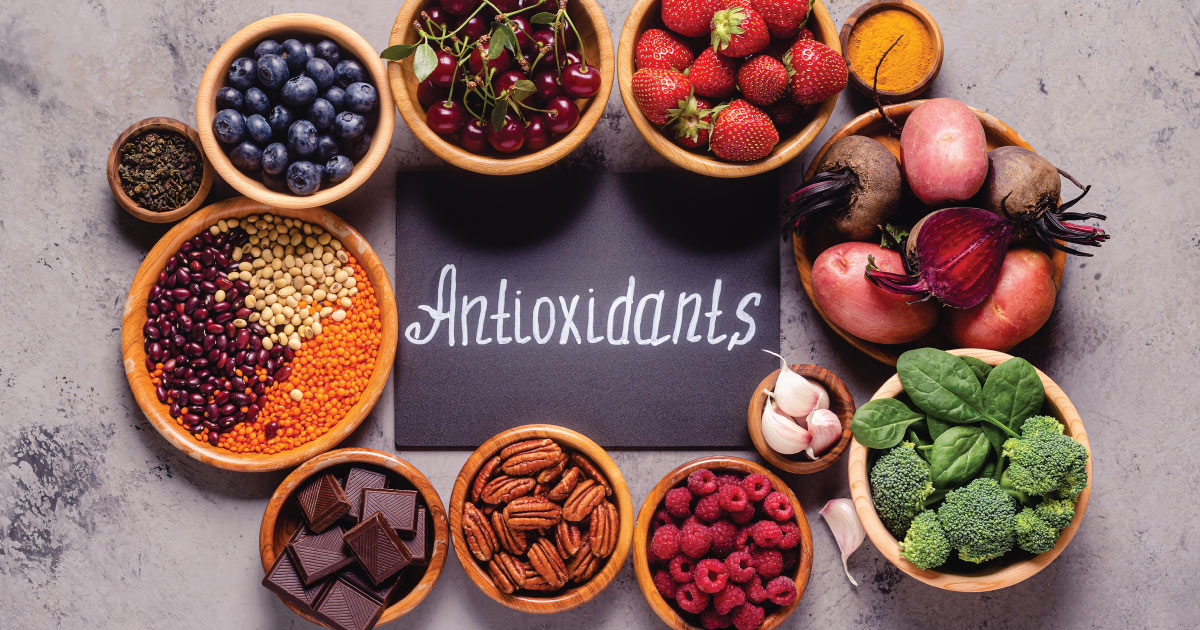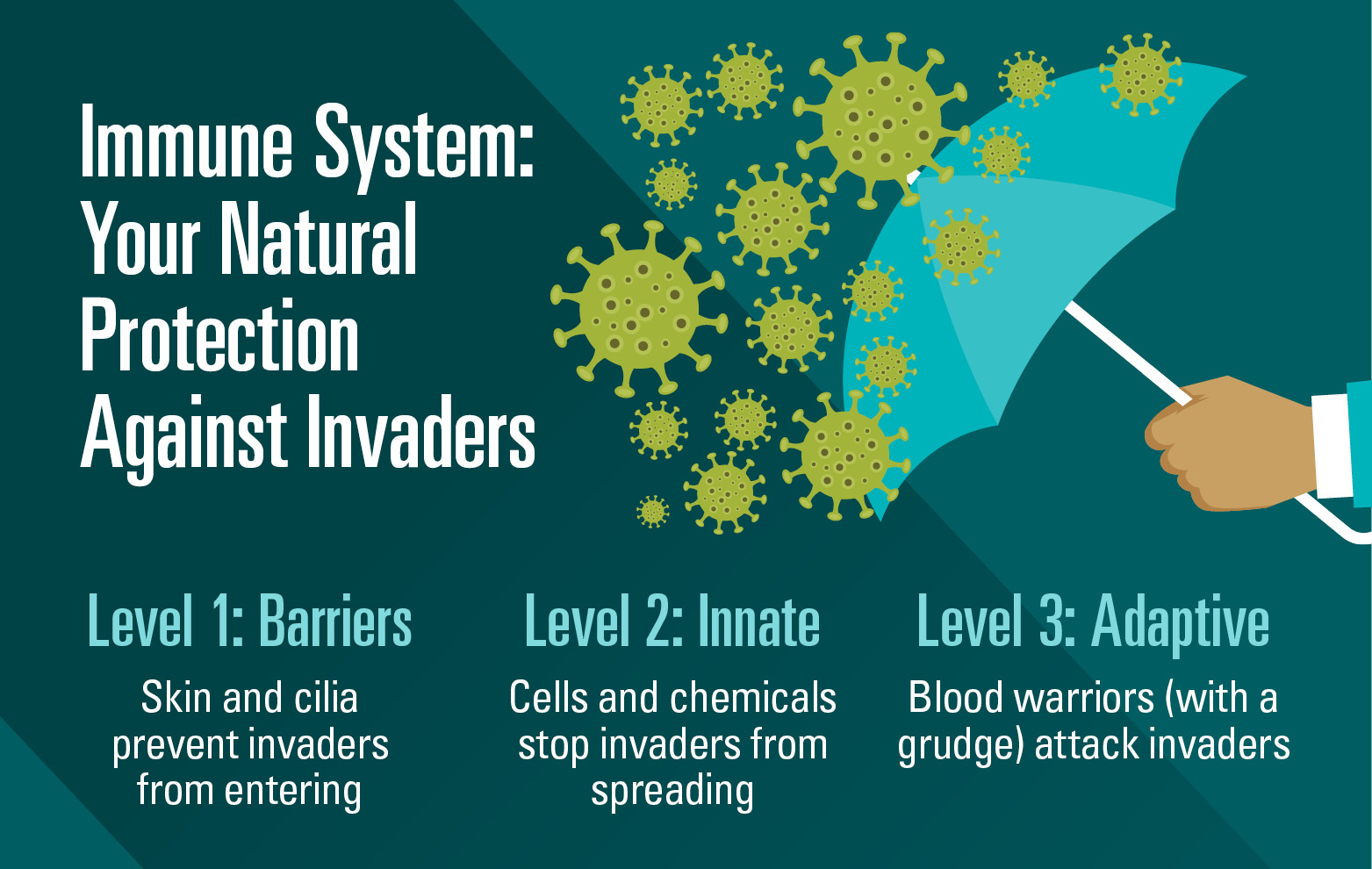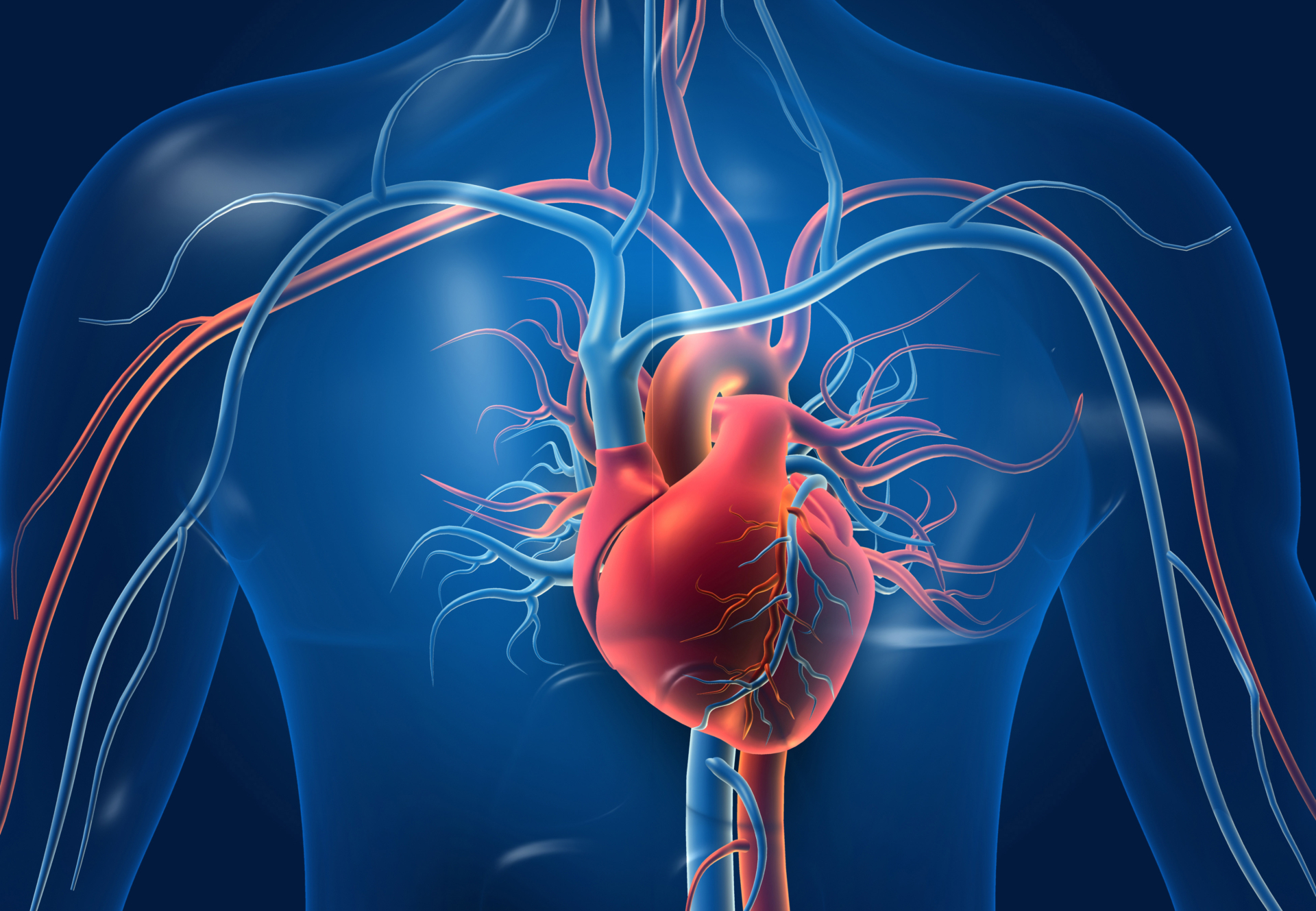Hello everyone, welcome to this video where we will be discussing the benefits of cruciferous vegetables for cancer prevention and treatment. Cancer is a disease that affects millions of people worldwide, and prevention and treatment are crucial in the fight against it. Thankfully, nature provides us with many plant-based foods that can help to reduce the risk of cancer and support our overall health. In this video, we will be focusing on the powerful benefits of cruciferous vegetables, such as broccoli, cauliflower, kale, Brussels sprouts, and cabbage. These vegetables are packed with nutrients and compounds that have been shown to have anti-cancer properties, support the immune system, promote detoxification, and reduce inflammation in the body. By incorporating more of these vegetables into our diets, we can take a proactive approach towards cancer prevention and treatment. So, let's dive into the top six benefits of cruciferous vegetables for cancer prevention and treatment.
1, Anti-cancer compounds.
Cruciferous vegetables are rich in various compounds that have been shown to have anti-cancer properties. Sulforaphane, for example, is a compound that has been extensively studied for its anti-cancer effects. Research has found that sulforaphane can induce cancer cell death, prevent the formation of new blood vessels that tumors need to grow, and inhibit the spread of cancer cells to other parts of the body. Additionally, indole-3-carbinol is another compound found in cruciferous vegetables that has been linked to cancer prevention. Indole-3-carbinol has been found to have a protective effect against estrogen-dependent cancers such as breast and ovarian cancer, by reducing the amount of estrogen in the body. Isothiocyanates are yet another group of compounds found in cruciferous vegetables that have been shown to have anti-cancer properties. These compounds can help to prevent the development of certain types of cancer, including lung and colorectal cancer. By consuming cruciferous vegetables, you can benefit from the anti-cancer properties of these compounds and reduce your risk of developing certain types of cancer.
2, Antioxidants.
Cruciferous vegetables are excellent sources of antioxidants, such as vitamin C, beta-carotene, and flavonoids. These antioxidants work by neutralizing free radicals, which are unstable molecules that can cause damage to cells and contribute to the development of cancer. Free radicals can be generated by various factors such as pollution, radiation, and even normal metabolic processes in the body. By consuming cruciferous vegetables, you can provide your body with the antioxidants it needs to combat free radicals and protect against oxidative stress. Additionally, studies have found that diets high in antioxidants may reduce the risk of developing certain types of cancer, making cruciferous vegetables a valuable addition to any cancer-preventative diet.
3, Immune system support.
Cruciferous vegetables are a great source of essential nutrients that are known to support the immune system, including vitamin C, vitamin E, beta-carotene, and zinc. These nutrients play important roles in maintaining the proper functioning of the immune system, which is essential for fighting off cancer and other diseases. Vitamin C, for example, is a powerful antioxidant that can help to boost the production of white blood cells, which are important for fighting off infections and diseases. Vitamin E and beta-carotene also have antioxidant properties and help to maintain the integrity of the immune system. Additionally, zinc is a mineral that is essential for the proper functioning of the immune system and is found in high concentrations in cruciferous vegetables. By including more cruciferous vegetables in your diet, you can help to support your immune system and improve your overall health.
4, Detoxification.
Cruciferous vegetables contain compounds such as glucosinolates, which are broken down into isothiocyanates during digestion. These isothiocyanates are known to support the body's natural detoxification processes by increasing the activity of enzymes that help to remove harmful toxins from the body. This is particularly important for reducing the risk of cancer since exposure to toxins and pollutants is one of the major risk factors for cancer. By consuming cruciferous vegetables, you can help to support your body's natural detoxification processes and reduce your risk of developing cancer. Additionally, some studies have also found that cruciferous vegetables may have a protective effect against certain types of cancer, such as lung and colorectal cancer, by reducing the harmful effects of carcinogens found in tobacco smoke and other environmental pollutants.
5, Anti-inflammatory properties.
Chronic inflammation is believed to be a contributing factor to the development of cancer, as well as other chronic diseases such as heart disease and diabetes. Cruciferous vegetables contain compounds such as sulforaphane and kaempferol that have anti-inflammatory properties. These compounds can help to reduce inflammation in the body by inhibiting the production of pro-inflammatory cytokines, which are molecules that play a key role in the inflammatory response. By reducing chronic inflammation, cruciferous vegetables can help to protect against the development of cancer and other chronic diseases. Additionally, some studies have found that cruciferous vegetables may have a protective effect against certain types of cancer, such as prostate cancer, by reducing inflammation in the body.
6, Heart health.
Cruciferous vegetables are a great source of dietary fiber, which is important for maintaining heart health. High levels of cholesterol are a risk factor for heart disease, and consuming fiber-rich foods such as cruciferous vegetables can help to lower cholesterol levels by binding to cholesterol in the digestive tract and preventing it from being absorbed into the bloodstream. In addition, cruciferous vegetables also contain other heart-healthy nutrients such as potassium, which can help to lower blood pressure, and folate, which is important for reducing levels of homocysteine, an amino acid that is associated with an increased risk of heart disease. Studies have shown that diets high in cruciferous vegetables may help to reduce the risk of heart disease, making them an important component of a heart-healthy diet.
In conclusion, cruciferous vegetables are an excellent addition to any diet, especially for those looking to prevent or treat cancer. Their anti-cancer compounds, antioxidants, immune system support, detoxification properties, anti-inflammatory benefits, and heart health benefits make them a true superfood. By incorporating more cruciferous vegetables into your diet, you can support your overall health and reduce your risk of developing cancer. So, start adding more broccoli, cauliflower, kale, Brussels sprouts, and cabbage to your meals today and take control of your health. Thank you for watching, and I hope you found this information helpful.






Comments
Post a Comment